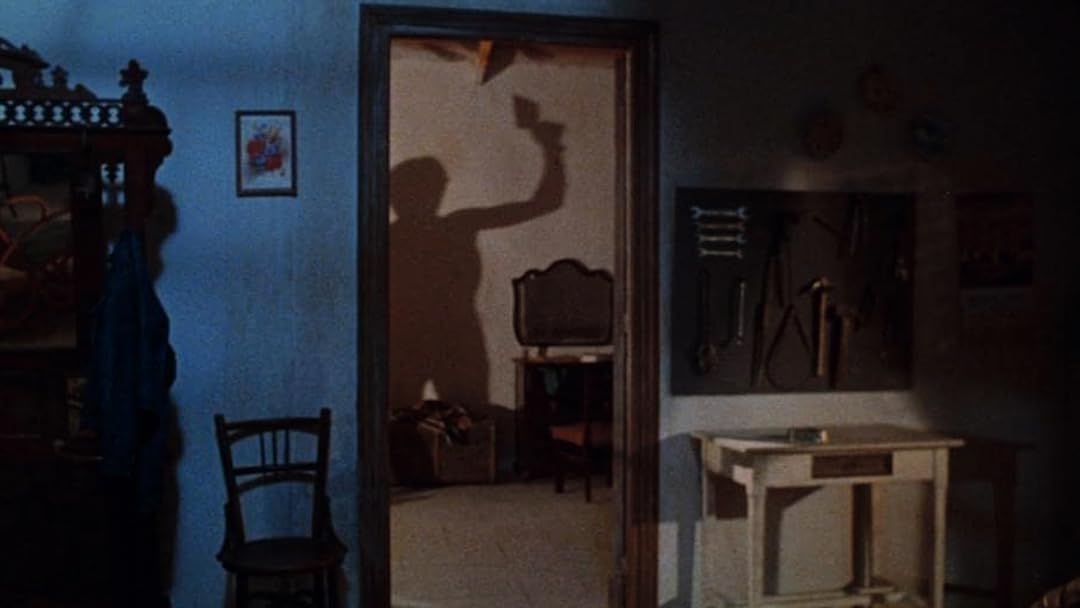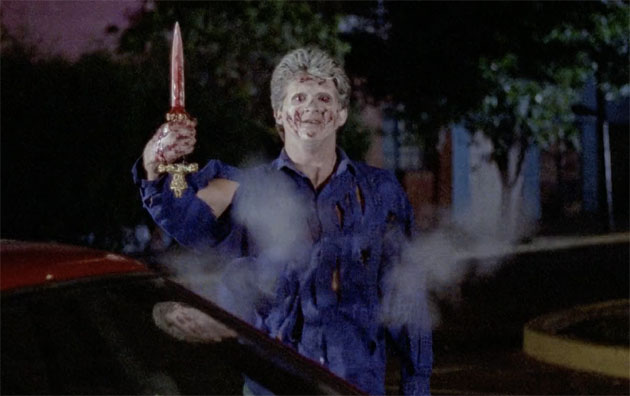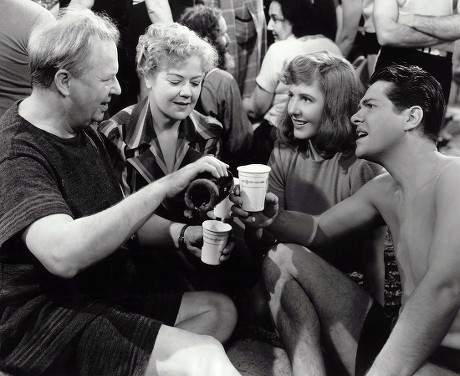– The Cannibal Man is the movie for the weekend. In this section every Saturday or Sunday Celluloid Dimension picks a movie for the weekend. The selections are preferably underrated movies or neglected movies that we think should get more attention. Have fun with these recommendations. –
![]()
The Cannibal Man (1972) Directed by Eloy de la Iglesia
There is no genre in cinema more suitable to divulge social truths than the horror genre, because its metaphysics is not interested in the fidelity of the real world nor in material objectivities, but in the impressionism and expressionism of the subjectivity of human emotion, that is why a social critique conveyed from the realm of horror can be much more relatable and universal by mirroring the human condition with an unadulterated feeling. Other genres – biographical dramas and stories based on real events fall into the category of falsified feelings – waste their time trying to be an authentic interpretation of reality but with an adulterated emotion.
Eloy de la Iglesia’s callous, morbid lumpenproletariat satire is a harrowing, gory social commentary on Francoist totalitarianism as seen through the lens of queer alienation. A socio-political indictment so visceral that the gruesome graphic violence it employs functions as an effective rhetorical device to chronicle a simple but profoundly eye-opening story. Vicente Parra plays Marcos, a man who works as a slaughterman and who dates a girl much younger than him. The plot takes place in its own contemporary context, during the twilight years of Franco’s tyranny, a period that would come to an end in 1975, three years after the film’s release. The naturalistic milieu in which Eloy de la Iglesia unfolds his story of murderous estrangement is a very squalid and decadent one. One night while Marcos is walking his young girlfriend (Emma Cohen) home, they both take a cab. The driver is appalled to see Marcos and his girlfriend making out passionately in the back seat, stops the cab and sullenly asks them to get out of his car. Both get out but refuse to pay, abruptly the heated argument between Marcos and the cab driver turns from verbal to violently physical. In an act of sheer impetuosity, Marcos hits the irate cab driver over the head with a rock, killing him instantly. Marcos and his girlfriend, in a state of bewilderment and shock, flee the scene of the crime. Although Marcos remains nonchalant about what happened, his girlfriend does not, and forces Marcos to go to the police to confess his crime. With a broken face, Marcos, realizing that his frightened girlfriend will not change her mind, decides to kill her by strangling her with a lethal kiss.
It is from this outrageous urge to murder anyone who finds out about his crime that the film morphs into a deliberate cyclical narrative. Marcos murders his brother when he discovers his secret, then he murders his brother’s fiancée, then her father, and so on, in a perpetual, unstoppable scenario of homicidal compulsion. The only thing that breaks the bloody routine are the momentary appearances of Nestor (Eusebio Poncela), a curious man Marcos encounters in the neighborhood. While Marcos lives in the poorer area, Nestor lives in the more exclusive area. The two develop an unconventional friendship. The dialogues they exchange, the inhibited but thought-provoking glances they give each other, and the empathetic gestures are the homoerotic subtext in the plot. Once we pick up on these hints, the gruesome murders that Marcos commits in an act of desperation and sadism translate simple exploitation and graphic brutality into subliminal and metaphorical acts that are linked to the frustrating feeling of being gay in a fascist regime. This message is especially indiscreet in the scene when Marcos confesses to his brother the grotesque secret he conceals in his putrefying room. The negative reaction of repugnance and disdain for Marcos’ testimony encapsulates the reactionary homophobia of ultra-conservatism. Murder, however explicitly savage, is a purely symbolic gesture.
But Eloy de la Iglesia’s film is too wise to be just a metaphor in its minimalist but sobering mise-en-scène. The macabre artistry of La Semana del Asesino – Cannibal Man for English-speaking audiences – also utilizes the cyclical, immutable pattern of murder as a scathing critique of the conformism of certain sectors of the working class. Marcos is mired in a life of downtrodden and poor prospects, he doesn’t denounce injustice, he acquiesces to it. Perhaps his worst crime was not his homicidal indulgence, but his indifference to the fascism that took away his self-respect as a human being and shattered all his fundamental rights and freedoms. The aimless steps of Marcos are a forthright condemnation of all those who deny revolution, resistance and the natural sense of struggle. It doesn’t surprise me at all that the raw vitality of the film looks so impressive without doing much, after all Eloy de la Iglesia being a gay man offers a tactful glimpse of what it means to live repressed, and by transmitting his intimate feelings with such harsh and grimy cinematic language he renders the experience a universal one for anyone who resists any kind of bigotry instilled in a fascist regime.
Franco’s censorship was severe with Eloy de la Iglesia’s film – in the 80’s Thatcherism also did its thing by giving it a spot on its nefarious list of video nasties – yet no matter how many cuts Cannibal Man’s vicious vitriol underwent, its social commentary remained relevant and meaningful because of its extraordinary subtleties. The central paradox is that the simple action of censoring it left empirical evidence that the message communicated by the film was always right.



